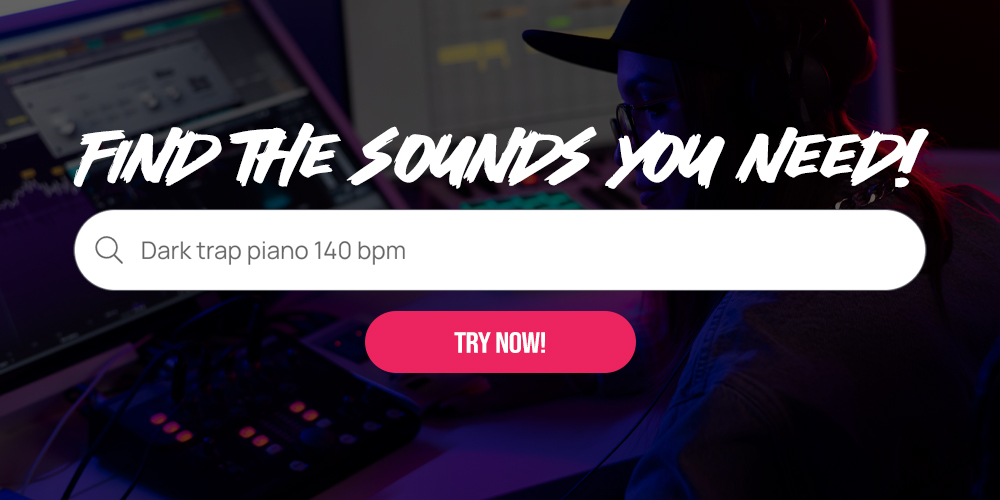If you’ve ever wondered what separates average music producers from the greats, you’re not alone. Many start their journey dreaming of packed stages, hit records, and a career built on creativity. But as with any craft, success in music production isn’t accidental — it’s a product of specific habits, technical know-how, and relentless consistency.
Whether you’re a bedroom beatmaker or a seasoned studio pro, mastering the right skills can significantly shorten the road to success. This article breaks down 15 proven skills and mindsets that predict long-term achievement in music production — and how platforms like Slooply.com, a curated sample marketplace, can support your growth every step of the way.
Table of Contents:
- Collaborate With Other Producers
- Prioritize Sound Selection Over Mixing
- Stop Looping — Start Finishing Songs
- Finish More Tracks Than You Perfec
- Mix With Intention and Focus
- Use Separate EQs for Coloring and Correction
- Develop Your Sound Through Repetition
- Not Every Track Needs to Be Released
- Learn to Tweak Presets Effectively
- Study Reference Tracks Strategically
- Practice Production Like It’s a Performance
- Build a Brand, Not Just Beats
- Use Streaming Data and Feedback to Improve
- Embrace the Learning Curve
- Balance Loudness With Clarity
- Conclusion: Build Your Skillset, Build Your Future
Collaborate With Other Producers
Success rarely happens in isolation. Surrounding yourself with like-minded creatives opens doors you didn’t know existed. Many producers land label deals or sync placements through relationships formed in online communities or collaborations.
Pro Tip: Join producer forums, Discord groups, or in-person meetups. The right collaboration could change your entire trajectory.

Prioritize Sound Selection Over Mixing
Great music starts with great ingredients. Even the best mixing skills can’t salvage poor source material. Prioritize picking the right samples and synth patches before reaching for EQ or compressors.
Slooply Tip: Slooply offers thousands of high-quality, genre-tagged samples — making it easy to build better beats from the start.
Stop Looping — Start Finishing Songs
Many producers fall into the trap of creating endless 8-bar loops. The key to improving is finishing full tracks. Developing both a “drop” and a “break” section forces you to think structurally and emotionally.
Finish More Tracks Than You Perfec
Quantity leads to quality. Every finished track is a lesson. Your 20th song will always be better than your 2nd. Don’t aim for perfection — aim for completion.
Mix With Intention and Focus
Think of mixing like directing a movie. Each scene (or section) needs a main character. Use volume, panning, and EQ to guide the listener’s focus intentionally.
Pro Tip: Ask yourself, “What should the listener notice first?” — then mix around that element.
Use Separate EQs for Coloring and Correction
Don’t try to sculpt tone and fix frequencies in the same EQ instance. Separate these tasks to preserve clarity and intent in your mix.
Develop Your Sound Through Repetition
Instead of chasing the perfect track, produce consistently. Over time, your unique style will emerge naturally.
Remember: Your sound is not something you find — it’s something you reveal through consistent output.
Not Every Track Needs to Be Released
It’s okay to make music that never sees the light of day. Think of those tracks as practice — necessary steps toward your best work.
Learn to Tweak Presets Effectively
Presets are just starting points. Learn your synths and how to manipulate them. You’ll never find your sound using someone else’s settings.
Pro Tip: Spend 10 minutes daily just turning knobs. No pressure — just exploration.
Study Reference Tracks Strategically
Use different songs for inspiration at different stages: sound design, structure, and mixing. Don’t rely on just one track for everything.

Practice Production Like It’s a Performance
You wouldn’t perform live without rehearsing — so why treat production differently? Set aside time to practice automation, modulation, and other micro-skills outside of active projects.
Build a Brand, Not Just Beats
Your music is only half the equation. Social media, visuals, and storytelling build your fanbase. Engage with your audience where they already spend their time.
Pro Tip: Post content showing your process — people love watching creativity unfold.
Use Streaming Data and Feedback to Improve
Release tracks, analyze performance, and gather feedback. Data can tell you what’s resonating with your audience, and what isn’t.
Helpful Tool: Platforms like SoundCloud and Spotify for Artists provide deep insights into listener behavior.
Embrace the Learning Curve
You may hear a sound in your head and not know how to create it — that’s normal. Skills take time. The gap between vision and execution will close with practice.
Balance Loudness With Clarity
Achieving a loud and clean master is possible — but it requires intentional mixing, headroom management, and understanding your metering tools.
Pro Tip: Reference professional tracks to understand perceived loudness vs. actual LUFS readings.
Conclusion: Build Your Skillset, Build Your Future
Success as a music producer isn’t just about raw talent — it’s about developing the right habits, staying consistent, and using the right tools. Every skill listed here plays a vital role in shaping your sound, improving your workflow, and building your brand.
And if you’re looking for a trusted resource to elevate your music creation process, platforms like Slooply.com offer high-quality samples, curated collections, and tools that cater to producers at every level.
Invest in your growth — the future of your sound depends on it.











